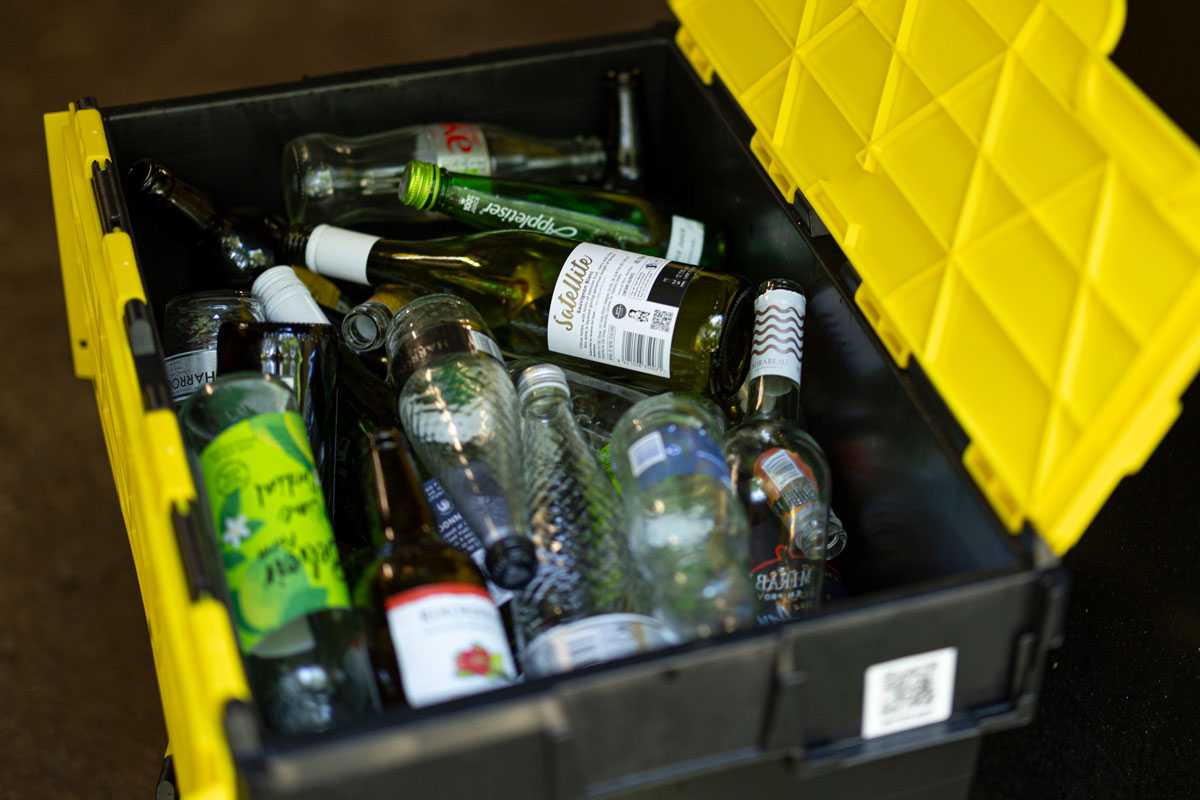Business
Greene King Trials Refillable Bottle Scheme to Cut Waste

Pub company Greene King is excited to launch a new trial aimed at reducing waste by reusing glass bottles sold in its pubs. They are teaming up with a start-up called Again to collect, clean, and return bottles for refilling.
This initiative is being tested in 22 pubs located in the north-west of England, where previously glass bottles would have been recycled. The goal is to bring back bottles of various drinks—including beer, cider, spirits, wine, and soft drinks—for reuse.
With the help of Again, Greene King will collect used bottles as part of their regular delivery and collection system. These bottles will then be sorted and cleaned at Again’s CleanCell facility, getting them ready for drinks producers to refill.
During this trial, it’s estimated that between 14,000 and 22,000 bottles will be collected from the pubs each week. Interestingly, about 27% of these bottles will be reused right away, with over half expected to be reused by the end of the year. This approach should lead to less glass waste and lower carbon emissions from Greene King’s suppliers.
Aside from the environmental benefits, the scheme also promises to make life easier for pub teams and local residents. It uses a tote bag collection method which means no more loud glass bottle bins being emptied outside the pubs.
Vance Fairman-Smith, Greene King’s supply chain director, emphasized how this partnership with Again is an innovative step towards reducing waste. He stated, ‘Every glass bottle we can reuse… reduces waste and carbon emissions.’
Matt Kennedy, the CEO of Again, pointed out that with the right technology, refilling bottles not only becomes economical, but also helps the hospitality industry on its journey towards a net-zero approach.
This refillable bottle scheme is a key component of Greene King’s broader sustainability strategy, which includes various initiatives aimed at minimizing the company’s environmental footprint. Their goal is to achieve net zero emissions by the year 2040.












